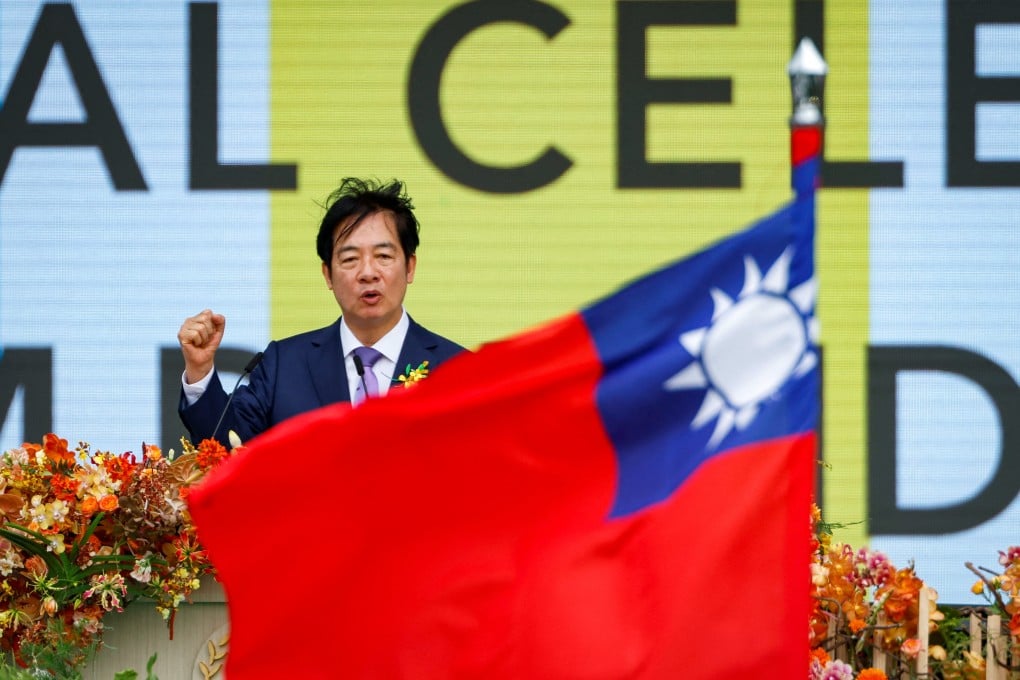Taiwanese leader William Lai sends ‘dangerous signals’ with pro-independence speech: Beijing
- Taiwan Affairs Office says the address stubbornly adhered to an independence stance, which will ‘never be tolerated’
- ‘Intense’ address after Lai’s inauguration was peppered with references to the island’s ‘sovereignty’, mainland observers note

Beijing has accused new Taiwanese leader William Lai Ching-te of sending “dangerous signals” about seeking independence that undermine peace and stability across the Taiwan Strait.
A statement released by the mainland’s Taiwan Affairs Office about five hours after Lai’s inauguration speech on Monday said the new president had fully exposed his true nature as a “Taiwan independence worker”.
“We will never tolerate any form of ‘Taiwan independence’ separatist activities,” TAO spokesman Chen Binhua said in the statement.
Lai’s speech “stubbornly adheres to the stance of ‘Taiwan independence’, vigorously promotes the fallacy of separatism, incites cross-strait confrontation, and attempts to ‘rely on external forces to seek independence’”, according to the statement.

Mainland academics earlier described the speech as sending a “very intense” signal to the mainland with its “pro-independence” language.